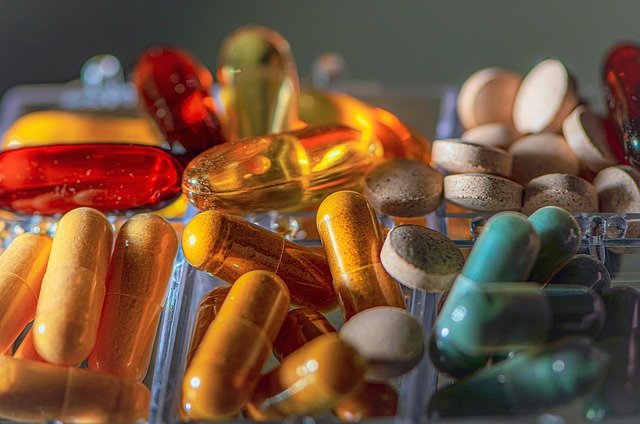B12: The Underappreciated Vitamin in Vegan Diet
The world of vitamins and supplements is vast and varied, with a range of different compounds each playing a crucial role in maintaining our health. One such component, which often slips under the radar, is vitamin B12. This is a particularly vital nutrient, especially in the context of a vegan diet, where it can often be lacking due to the absence of animal products. With the rise of veganism and plant-based diets on the global stage, it's crucial to understand the importance of B12 and how best to incorporate it into a vegan lifestyle.

The Historical Context of Vitamin B12
In the early 20th century, pernicious anemia—a deadly disease caused by B12 deficiency—was a mystery to physicians. It wasn’t until the 1920s that researchers discovered a connection between the consumption of liver, which is high in B12, and the treatment of this disease. The actual isolation and identification of vitamin B12 occurred only in the late 1940s, making it one of the last vitamins to be discovered.
Historically, humans consumed enough B12 through their diet, primarily by eating meat, eggs, and dairy products. However, with the advent of modern agriculture and food processing, along with a rising preference for plant-based diets, the risk of B12 deficiency has increased.
The Role and Importance of Vitamin B12
Vitamin B12, also known as cobalamin, is a water-soluble vitamin that is crucial for the proper functioning of the brain, nerves, and the creation of red blood cells. It also plays a critical role in DNA synthesis and metabolism. Deficiency of B12 can lead to several health issues, including fatigue, weakness, anemia, confusion, dementia, and even depression.
In the context of veganism, the importance of B12 is often underestimated. As it’s naturally found in significant quantities only in animal products, those on a plant-based diet may struggle to get enough of this vital nutrient.
The Vegan Diet and B12 Deficiency
Veganism has seen a significant surge worldwide, driven by increasing awareness of animal rights, environmental concerns, and health benefits. However, the absence of animal products in the vegan diet makes B12 deficiency a real risk.
While some plant-based foods, such as certain types of algae and mushrooms, contain traces of B12, the amounts are usually insufficient to meet the recommended daily intake. Moreover, the bioavailability of B12 from these sources is questionable, as it’s often in a form that is not easily absorbed by the body.
The Impact of B12 Supplements
To combat the risk of deficiency, many vegans turn to B12 supplements. These are readily available in various forms, including tablets, capsules, and sprays. Fortified foods, such as plant-based milks and breakfast cereals, also provide an additional source of B12.
The impact of these supplements can be significant. They can help improve energy levels, mental clarity, and overall well-being in those who are deficient. However, it’s essential to ensure that the B12 supplement is vegan-friendly, as some forms are derived from animal sources.
Reception and Future Trends
The importance of B12 in a vegan diet is gradually gaining recognition within the health and wellness community. There is a growing consensus about the need for B12 supplementation, and fortified vegan foods are becoming increasingly common.
The future likely holds further advancements in the availability and efficacy of vegan-friendly B12 supplements. With the global rise of veganism, the demand for such products is set to increase. There is also promising research underway exploring bioengineered plant-based sources of B12, which could revolutionize the way we approach this critical nutrient.
Balancing Health and Ethics
The rise of veganism presents a unique challenge in maintaining adequate B12 levels. It’s a delicate balancing act between sticking to ethical dietary choices and ensuring optimal health. While it’s possible to obtain some B12 from certain plant foods, supplementation is often necessary to ensure sufficient intake.
The story of B12 is a reminder that while it’s essential to respect and honor our dietary choices, we must not lose sight of the nutritional needs of our bodies. As we continue to explore the world of vitamins and supplements, we must strive for a balance that supports both our ethical convictions and our physical well-being.






